Tunisia
Allegations of Anti-Semitism
On Wednesday evening, the office of Tunisian president Kais Saied denied claims that he made anti-Semitic remarks this week while trying to calm a group of young protesters after days of unrest — denouncing the "propagation of false information," and saying it amounted to "calumny."
The public refutation was in response to a statement issued by the Conference of European Rabbis and relayed by Israeli media on Tuesday — alleging that Kais had accused Jews of being responsible "for the instability of the country" as they asserted that such discourse "constitutes an immediate threat for the physical and moral integrity of Tunisian Jewish Citizens" and asked for the head of state to retract his words.
As Saied had gone to speak directly with the youth after a spate of vandalism and looting in several townships outside the capital Tunis, his office affirmed: "The president mentioned no religion and there was no reasonable motive to deal with the question of religion in the context of protests."
The administration also stated that the president had spoken with the chief rabbi of Tunisia to reassure him that Tunisia's some 1,500 Jews — mainly on the island of Djerba, enjoy "the solicitude and protection of the Tunisian state, like all other citizens.




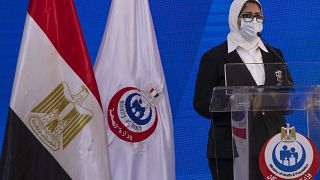
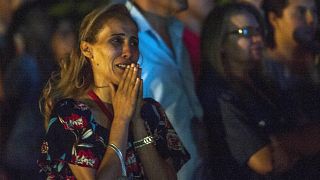
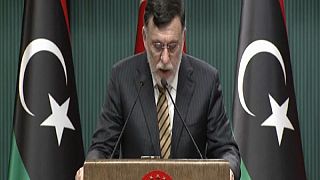

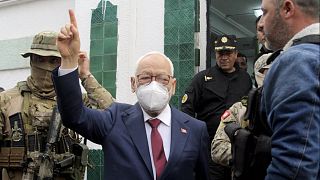
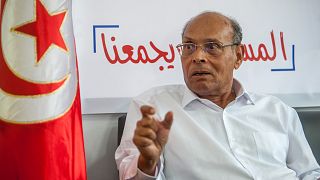



00:46
Morocco hosts Palestinian delegation for human rights training
01:09
Israel bombs Houthi targets in Yemen, rebels respond with missile attack
01:12
Senegal: Ousmane Sonko's defamation conviction upheld by Supreme Court
01:00
Pix of the Day: July 2, 2025
01:30
Trump calls for a Gaza ceasefire deal as some Palestinians are skeptical
02:19
Israel deports Greta Thunberg, other activists from Gaza aid flotilla